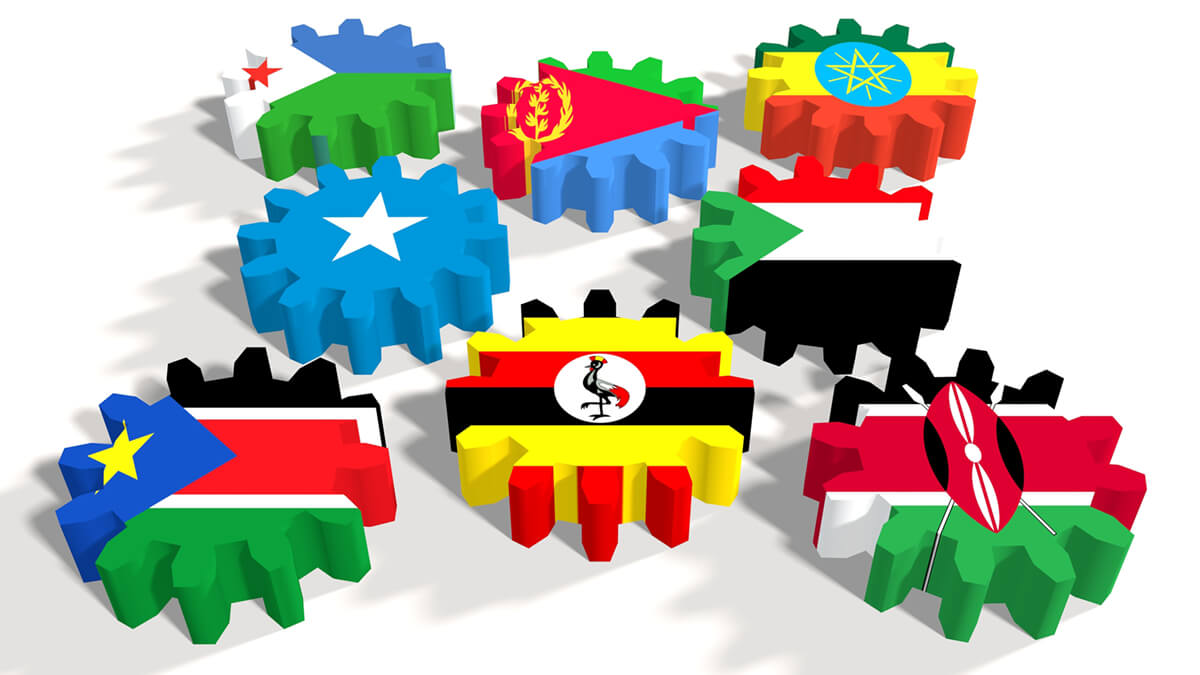The stability of the world relies on nations working together, and the primary way nations cooperate is through intergovernmental organizations (IGOs). These often large associations provide a structured way for nations to communicate and develop public policy aimed at addressing a wide range of shared concerns, from climate change to infectious diseases to economic growth. No matter where you live, the decisions of IGOs play a role in your life. Here are some things to know about IGOs.
IGOs Are Formed by Treaty
While nations can informally work together however they choose, membership in intergovernmental organizations requires a nation to sign a treaty that binds it to a set of rules and regulations. A nation’s treaties are part of its laws and thus IGOs exist within a legal framework. If IGOs were formed without treaties, there would be no mechanisms for assuring compliance with IGO decisions. It’s the formational treaties that give IGOs international power.
IGOs Include Some of the World’s Largest Organizations
You have no doubt heard of many of the world’s most important IGOs. The intergovernmental organizations list includes the United Nations (UN), the North Atlantic Treaty Organization (NATO), the European Union (EU), the Organization of the Petroleum Exporting Countries (OPEC), and the World Trade Organization (WTO). These IGOs—among others—provide venues through which member nations can reach agreements that promote cooperation and ease conflicts.
Each IGO Serves a Specific International Role
Every IGO has its own specific goals and reason for being. For instance, the UN exists primarily to prevent and resolve international conflict and address problems affecting multiple nations or the planet at large. NATO, on the other hand, is primarily a military alliance that exists to protect the sovereignty of member nations. Meanwhile, the EU is primarily an economic alliance that exists to regulate trade and labor in a way that advances the economic strength of its member nations. There is even an International Whaling Commission that exists to promote the conservation of whales.
IGOs Often Develop Public Policy
Every nation has its own set of laws and public policies. However, when issues or problems affect multiple nations, IGOs are often the means through which the international community crafts public policy solutions. What is public policy? In short, it’s the rules, regulations, and programs enacted by governments in an attempt to solve specific problems or promote specific advantages. IGOs often work to develop public policy focused on such issues as:
Trade
From shipping regulations to tariffs to labor issues, the way nations buy and sell goods abroad is an increasingly important part of every nation’s economy. Globalization means global trade, but trade only works if there are agreed-upon rules.
The Environment
Nations are currently working to increase their cooperation on a range of environmental issues. A number of IGOs are developing public policy to combat climate change, tackle deforestation, prevent water shortages, and improve the environmental well-being of the world.
Infectious Disease
Due to the increased mobility of the world’s population, viruses and bacteria can quickly spread, increasing the chances of pandemics. Most recently, IGOs have worked with individual nations to combat Ebola, Zika, H1N1, and SARS. Only through international cooperation can we hope to prevent a catastrophic pandemic.
Economic Stability
Not every country has a diverse enough economy or is large enough to compete in the increasingly global marketplace. To alleviate economic pressures and increase economic opportunity, numerous countries band together in IGOs devoted to sharing resources, expanding labor markets, and/or removing trade barriers. These IGOs create public policy ranging from instituting a common currency to promoting lending to opening up new markets.
Security
When nations go to war, suffering, destruction, and global instability ensue. It’s in all people’s interests to avoid military conflict. But if avoidance is impossible, nations want to ensure they can defend themselves. An IGO like the UN develops policy focused on preventing conflict, while an IGO like NATO develops policies focused on the mutual defense of ally nations. In both cases, the ultimate goal is to provide citizens with security.
Would You Like to Work for an IGO?
Some of the most interesting public administration jobs in the world are with intergovernmental organizations, or with organizations that work directly with IGOs. If you’re interested in entering this exciting field, you may want to earn your master’s degree in public administration. Through a public policy graduate program, you can acquire the skills that are needed within the policy-creating wings of the world’s most important IGOs.
The good news is that earning a Master of Public Administration (MPA) is less complicated than ever before. Through an MPA online program, you can earn your master’s degree from home while you continue to work your current job. Plus, thanks to the flexibility and convenience of online learning, you can earn your degree faster, saving yourself time and money.
When you earn your MPA online, you can put yourself in a position to work on some of the world’s most important public policy and administration issues.
Walden University is an accredited institution offering an online Master of Public Administration degree. Expand your career options and earn your degree in a convenient, flexible format that fits your busy life.
Walden University is accredited by The Higher Learning Commission, www.hlcommission.org.




